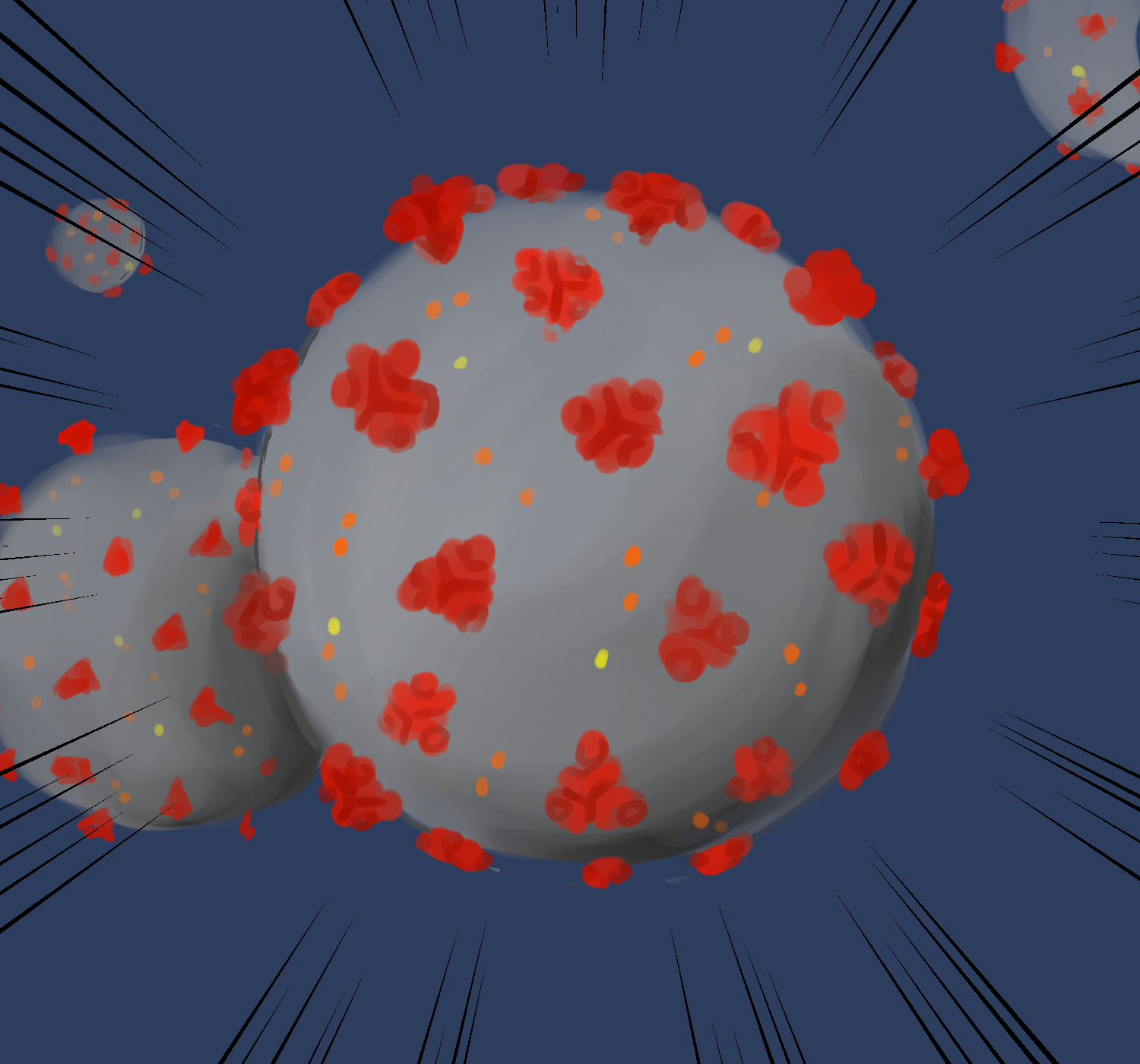Looking back, moving forward
It has been almost exactly two years since the COVID-19 pandemic prompted a halt to on-campus attendance at Lane Community College. On March 18, 2020, Oregon Governor Kate Brown suspended “in-person instructional activities at higher education institutions,” including LCC. This provided a drastic but necessary challenge to LCC students, staff and administrators. The school had to make a rapid shift from learning in classrooms to learning remotely.
“We had to shut down on the spot,” said Dr. Marge Hamilton, president of LCC. “We surmised something was coming. I cannot say it was totally unexpected, yet when it happens, you’re still surprised.”
The shutdown occurred right as LCC was wrapping up the winter quarter and entering spring break. “We went into an immediate emergency mode of training people to do what they were doing, but remotely,” said Hamilton. “That’s when academic and student support services really kicked in.”
As expected of any major transition, there were hurdles. Moving to remote meant a heavier reliance on technology. “One of the biggest hardships for everybody, students and employees, was Wi-fi,” said Hamilton. Across Oregon, “the wifi is not set up to be equitable, secure and stable. I certainly hope that the takeaway is that this is something the whole state works on, because that’s critical.”
Hamilton pointed out another challenge for remote learning: childcare. “All of a sudden, you have to operate either being a student or being an employee, with your kids at home. Daycares will always be an issue in this society. One of the things that LCC will always do is try to be a leader in offering daycare to students and employees.”
Before COVID, Hamilton said that about 20% of students did not attend in-person classes. Moving the other 80% to online was “a little nerve-wracking. We knew that not everybody was going to be comfortable in this remote environment.”
While this transition was quick and abrupt, Hamilton said “I think the college handled it with grace. I think the students handled it with grace.”
“If I had to look back for stumbles, it’s hard, because you have the benefit of 20/20 hindsight,” Shane Turner, LCC’s chief human resources officer, said. “I don’t know that we could have known any better, at the time, the way that things were going to work out. It’s been a real up and down kind of roller coaster.”
Some changes to LCC brought about by the pandemic will likely be ongoing. “I honestly believe our normal will be different,” said Hamilton. “How we are approaching hygiene and cleanliness is completely ramped up. It’s going to be unacceptable to do things without using the best technology. We will not go backwards.”
Hybrid courses which offer options for both in-class and Zoom attendance are also anticipated to remain and grow in availability, and there will be more remote-only classes.
Turner said that for faculty, working from home will also become more standard. “There’s a level of flexibility that you bring to your life when you are able to work from home,” he said. “It’s a recognition that the work still can be done, but provide some work-life balance.”
The last two years have seen changes that the LCC community did not expect at first, but it did not take long to build up some resiliency and adapt to them. “That’s how science is developed, through trial and error and research,” noted Hamilton. “We keep building the knowledge.”
“I just want to make sure that we thank the students, the faculty, the staff, for enduring the last two years,” said Hamilton. “Because of this we’re going to be stronger, at the college and in the community.”



